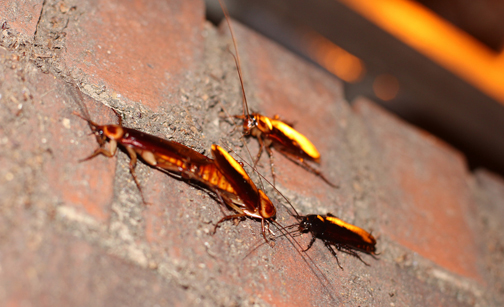Nature Boy recently scaled back using his hands.
He stopped coughing and sneezing into them during the SARS outbreak in 2002. He now spews his sputum and microbes into the insides of his elbows. This prevents him from spreading his viruses to everything and everyone he touches.
It’s all part of his civic/civilized duty, he says.
Then he cut back on direct contact with certain fixtures in public and semi-public spaces—toilet-flush levers, washroom and drink-fountain taps, and telephones that he hasn’t personally sanitized.
Too much television prompted the escalation of Nature Boy’s no-hands policy. According to MythBusters, the popular Hollywood-effects show where the hosts shoot and blow up things—all in the name of proving or debunking common wisdom, each square centimetre on an office telephone can harbour more than 10,000 microbes, while a square centimetre on a public water fountains can hold as many as one million bacteria.
By limiting direct contact with those fixtures, Nature Boy limits the microbes he picks up from those surfaces. He instead enlists go-between materials, such as tissue for the washroom fixtures, or pencil or pens to call out from telephones. As for holding telephones—“I prefer the speaker function,” he says, waving the eraser end of a pencil at me.
This squeamishness is entirely out of character for Nature Boy. He does, after all, spend his time handling dog-poo-eating banana slugs, being peed on by turtles, and swamping around for bullfrogs. He also knows there’s more to him than himself—his body contains many more bacteria than human cells.
Nonetheless.
He recently added elevator buttons to the no-touch list….
Read the rest of this editorial at the Victoria Times Colonist….


